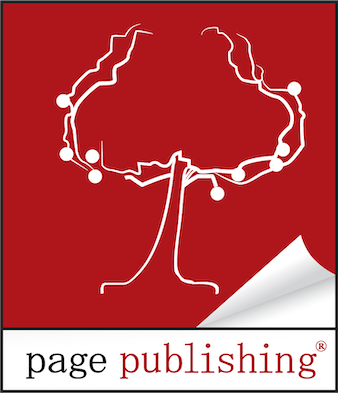
It’s no secret that publishing a book costs money, regardless of whether it comes from the author’s pocket or the publisher’s. With so many publishing paths available to authors today, it’s essential to research exactly what your intended service offers. Is the publisher taking on the burden of risk? Is the author expected to pay a fee upfront? Is the agreement clear and transparent? Between professional editing, formatting, cover design, and more, book production costs can add up.
By this point, you may be biting your lip and thinking, “Do I have the budget for this? Isn’t there a way to get my book published without paying?” The answer is yes…but really, no.
Here’s why:
Traditional publishing works under the idea that authors first secure a literary agent, who then pitches the book to publishing houses. The process is slow and uncertain. If your book is sold, the publisher typically pays you an advance (meaning a lump sum of money upfront). This sounds great, right? But wait. Your literary agent will take a cut of that advance (usually 15%), and then you have to earn out your advance in order to receive any royalties on sales. A well-known fact in the publishing industry is that most books do NOT earn out their advance. So that means you won’t see any money from sales.
On the other end of the spectrum is self-publishing (or “indie” publishing), where the author publishes their book without a publisher. Self-publishing is growing in popularity. However, there are pros and cons to consider, primarily the cost. Creating and distributing a professional, high-quality book that can compete with its traditionally-published counterparts isn’t cheap. In this model, authors pay out of pocket for services like editing, formatting, cover design, eBook creation, and audiobook creation, not to mention the critical aspect of marketing. All of this can add up FAST, plus be a headache if you’re not equipped with the skill or time to do so.
Then there’s the middle ground, and that’s where we live. As a hybrid publisher, we share the investment with our authors, finding a mutually beneficial balance. Under our royalty structure, you earn 100% of the profits made by your book until you have earned your entire investment back. Read that again: 100%! But isn’t that the same as self-publishing? Yes, however, we do all the prep work to make your book stand out and be positioned in the market to maximize sales. You won’t have to worry about hiring freelancers or surprise costs popping up. The one-time fee package means that everything is taken care of, so you can enjoy the parts of publishing you love: the writing and the rewards.
Even after you have earned your investment back, Page Publishing is only entitled to 20 cents per book sold. Depending on your book’s price point, your share of a physical book sale (paperback or hardcover) could earn you between $3-$4 per book sold. While eBook sales are often higher due to the low production cost, which means you’ll make even more. Score! You are entitled to 100% of these earnings under our agreement. Those “no-cost” publishing contracts will give you 15-20% or less. The big question becomes: Why provide a publisher with such a big slice of the pie for YOUR work?
Let’s circle back to the important first step of choosing a publishing path. Now that you understand the differences, as well as some of the advantages and disadvantages, you can make an objective choice. It’s tempting to go for what’s perceived as the “no-cost” option, but the truth is there’s no such thing. As the old saying goes, nothing in life is free. At some point along the way, there will be costs associated with every publishing choice—some may be more immediate than others, but they’re there all the same. If you compare two similar books—one that went traditional, the other hybrid—the ins and outs of money might look different, but in many cases, end up equaling out. The difference is in the details.
All this to say that publishing choices shouldn’t be made looking through rose-colored glasses. Things at first glance may seem superior, but when you break it all down, you’ll see that there is a massive benefit to choosing a hybrid publisher like Page Publishing, who will bring your book to market in an efficient, qualified way. At the end of the day, there’s always a cost—you just need to decide whether it’s worth it. In our proven publishing model, the answer is yes.
